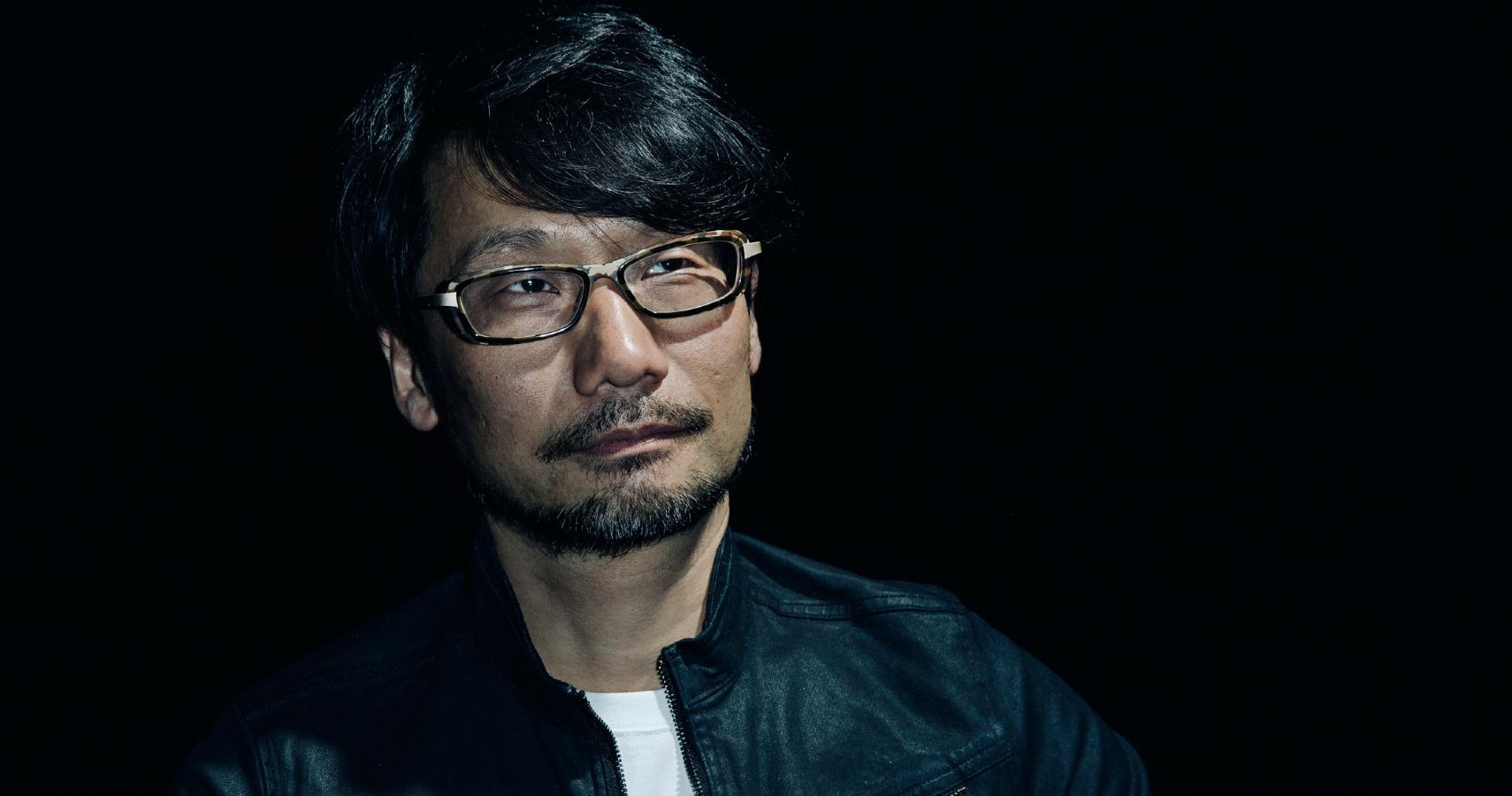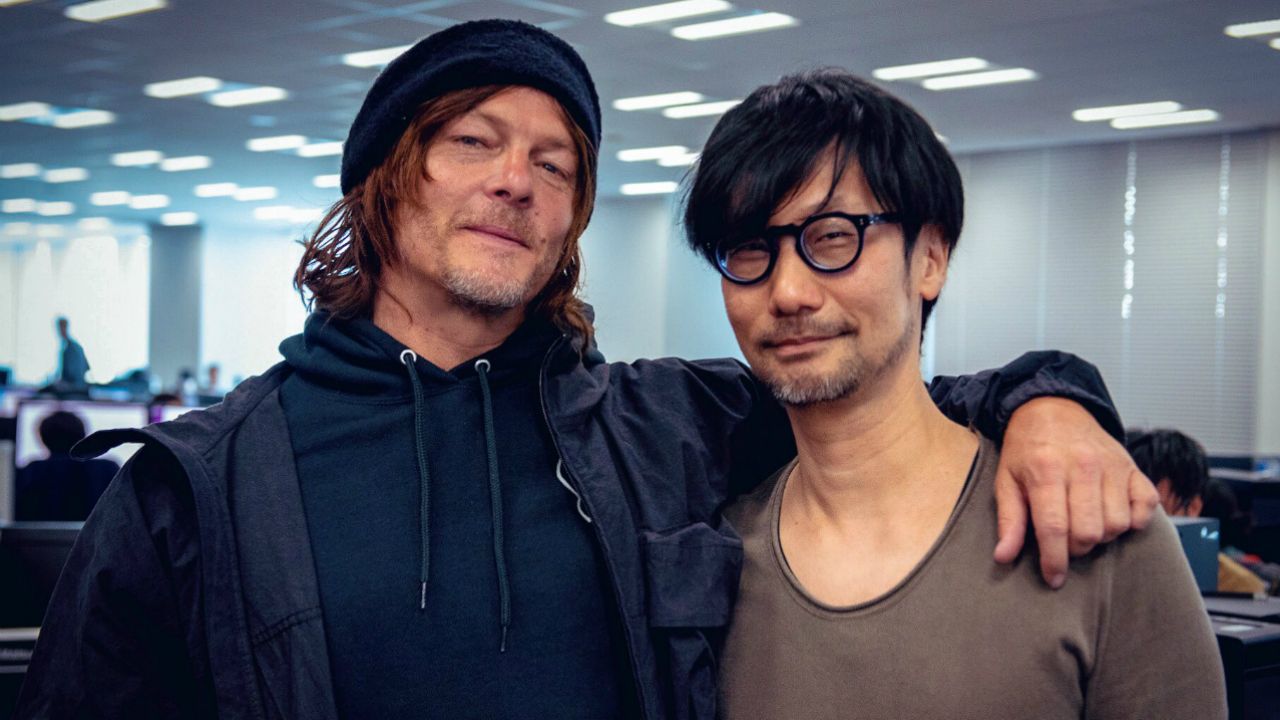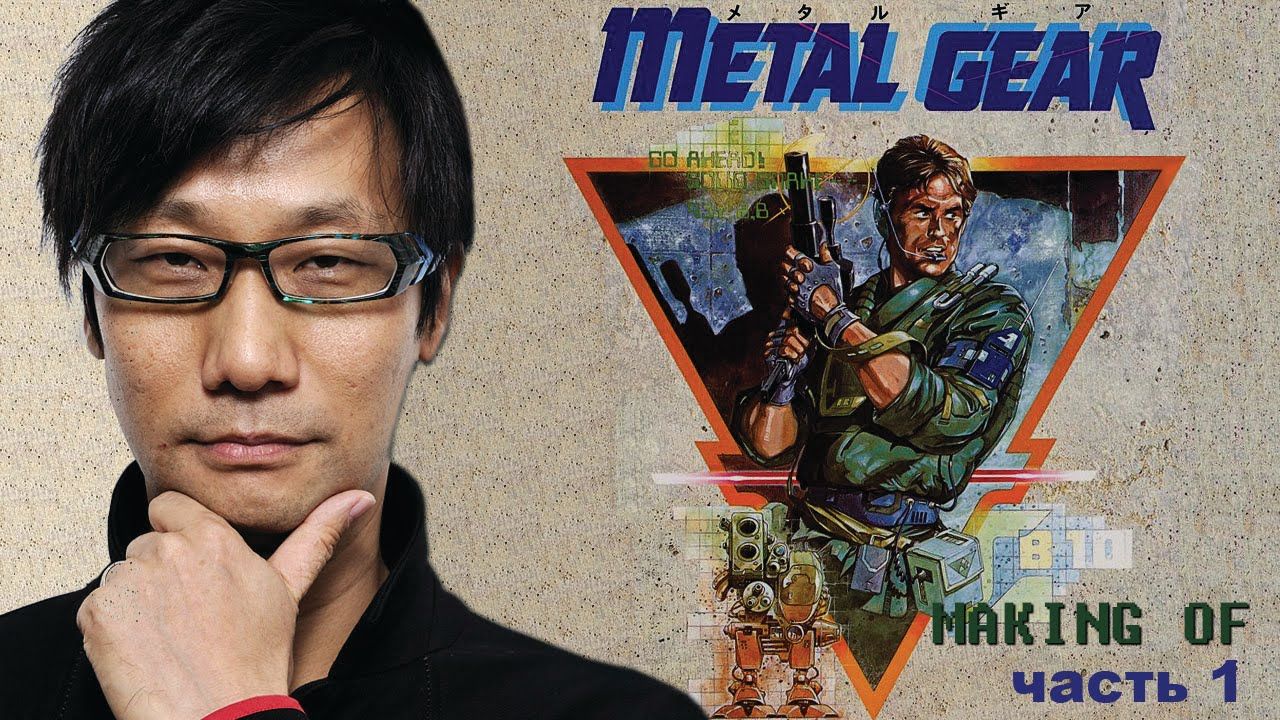Hideo Kojima might seem to be on a roll lately, but it would be far more accurate to say that this has been ongoing since the late 1980s. That length of time may come as a shock to some who may only recently know the man for his constant promotion of the hit game Death Stranding, but the reality is that Kojima is no overnight sensation — he is a methodical creator that has worked tirelessly to create some of the most memorable games in history, and it is no wonder that he is held in such high regard.
Metal Gear Was The First, But Not The Last
In 1986, Kojima began working at Konami, and in the following year released Metal Gear which would go on to become one of the best-known game series in the world. In 1998 when Metal Gear Solid released for the Sony PlayStation, remnants of Kojima’s playful design were littered throughout the otherwise challenging and serious stealth game.
In the video below, players have the fourth wall broken when encountering the boss fight for Psycho Mantis. First the boss would attempt to “read your mind” by reading the save files on the PlayStation memory card and commenting on the games present there. During the fight, the boss would be mostly immune to damage because the boss can “mind read” the player. The solution comes in the form of a radio call, telling you unplug the controller from the Player port of the system console and plugging it into the port for Player 2, which would confuse the boss and allow the character to damage the opponent. These playful breakthroughs of the fictional narrative are part of Kojima’s style, and they’re always wonderful.
The impact of Metal Gear Solid in 1998 cannot be understated. At the time, it was among the top games ever made for the console, and even today is an outstanding title to return to in an effort to claim the rank of Big Boss, which is no easy task. With each passing installment in the Metal Gear series, Kojima continued to amass a cult following of players who had come to expect outstanding games and complex narrative structures.
Death Stranding
Kojima parted ways with Konami in 2015, which came as a surprise considering almost three decades of fruitful creation within the organization. Given the propensity of Kojima to create at a nearly non-stop pace, fans knew that something special had to be in store, and at E3 in 2016, this suspicion was confirmed with the first peek at Death Stranding.
In the lead-up to the release of the game, Kojima was ever-present in building hype for the project, and his enthusiasm to create is among the most wholesome in the industry. He may have a reputation as someone who wants to control all facets of his project, but his passion is never in question.
Hanging With Keanu Reeves Can Only Help His Reputation
Mads Mikkelsen has become an iconic symbol for Death Stranding, but shortly before the release of the game it was revealed that Keanu Reeves had been proposed for his role. Kojima was apparently too great a fan of Hannibal to let Mikkelsen go, but Reeves still visited Kojima Productions in early September, taking photos and generally setting the internet ablaze in speculation that perhaps there was another project in the works. While this has not yet materialized into any concrete project, seeing the two together was certainly exciting.
Loneliness And Creating Games To Bring Us Together
When Death Stranding neared its launch and details finally began to emerge on the mysterious plot that lay in store, Kojima discussed a key element of both the game’s thematic message and his own personal life, and that is the concept of loneliness. Kojima would go on to state,
“I’m very prone to loneliness. I think there are similar people around the world — especially gamers… When they’re alone playing video games in their living room, they don’t feel like they fit into society or their community. So, when people play this game, they realize people like them exist all over the world. Knowing that even though I’m lonely, there are other people like me — and that makes you feel at ease. That’s what I want people to feel when they play this game.”
The explanation becomes one more reason to appreciate Kojima. Despite his massive success within the video gaming industry, this confession of being plagued by something that can affect anyone makes it easy to identify with him. By homing in on loneliness and using games to tie people together through the idea of a shared experience, Kojima only endears himself further among the video game community.
Now we can only wait and see what lies ahead for Kojima, but there is no doubt that it will be fantastic.





